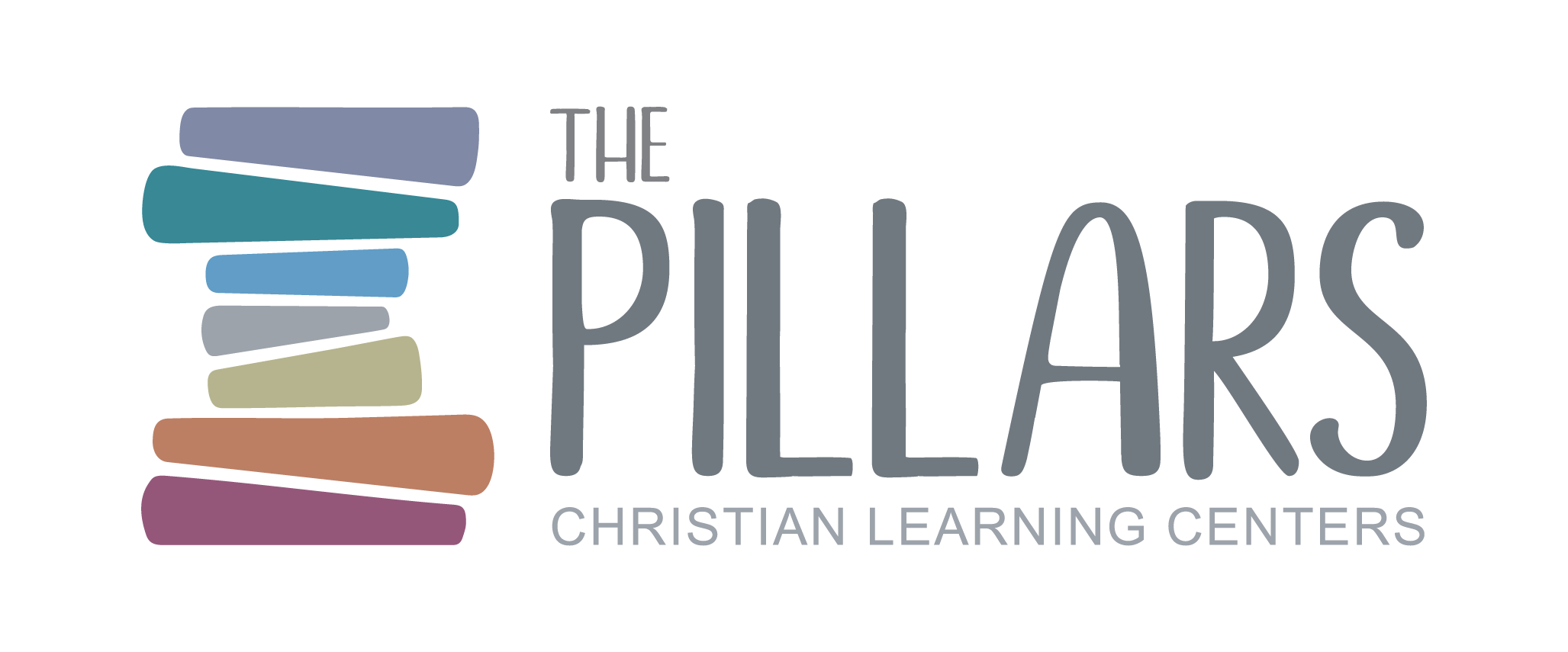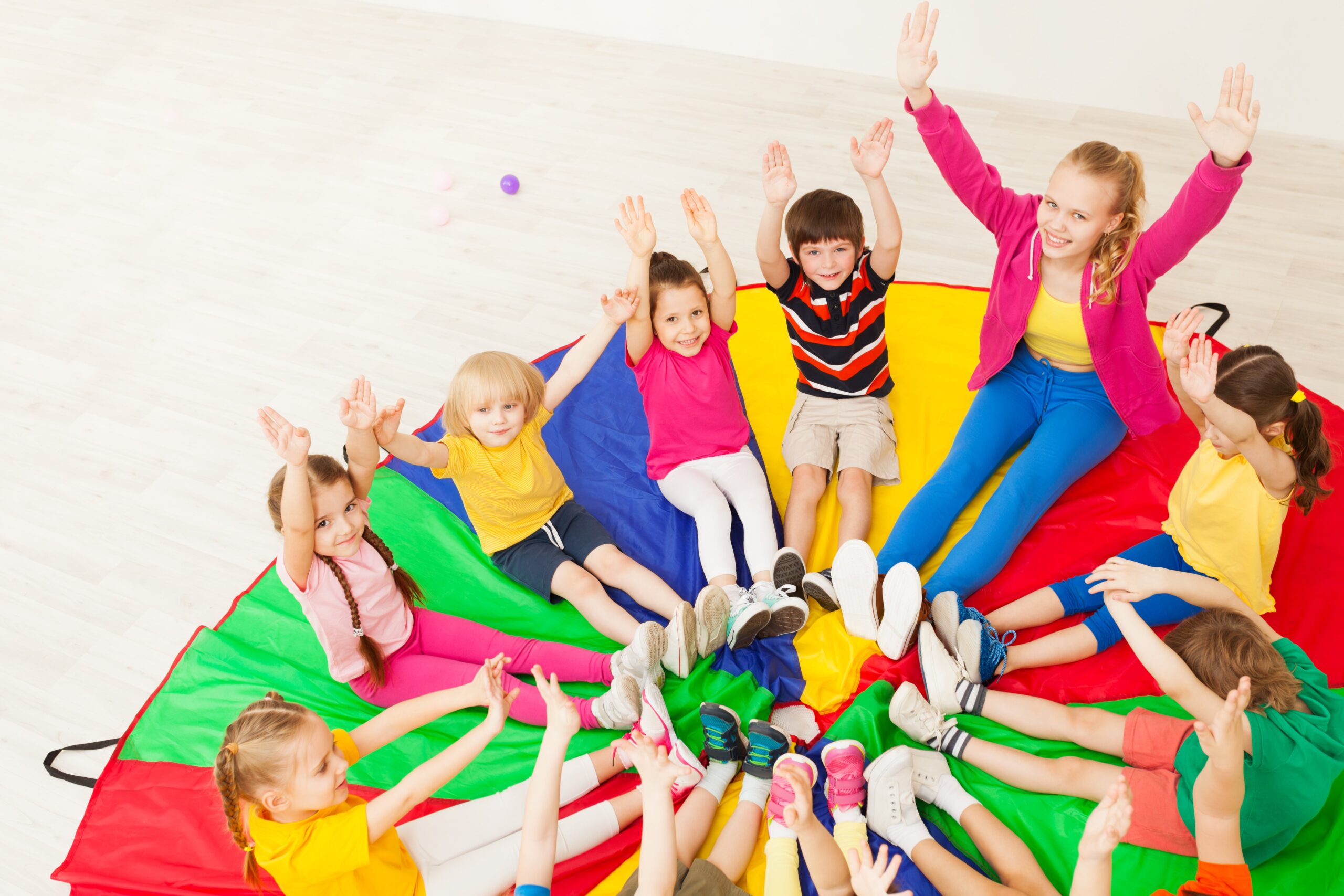Many of us hear the word “play” and we think of fun and games. However, play goes beyond those two things and refers to the language used by children to learn and explore the world around them. Playtime allows them to develop the skills they need to thrive. Because play is such an essential component of every child’s growth and development, it’s important that we find ample opportunities to incorporate play into learning. So what does “play-based learning” mean?
What is play-based learning?
“Play-based learning” takes place when we create an environment in which play is the natural means of exploring and discovering new things. In this type of learning environment, teachers provide materials and opportunities for children to explore, experiment, and engage in open-ended play. There are many benefits to play-based learning.
Here are seven benefits of play-based learning:
Language development
One of the greatest benefits of play-based learning is enhancing children’s literacy and language development. Play-based activities allow children to learn new words and practice their language skills. It also allows them to build connections between written and oral modes of expression, while learning the meaning and structure of new words.
For a learning activity you might do in a play-based setting, provide felt boards with letters and pictures, or puppets with storytelling scenarios. This gives children the opportunity to act out stories, learn new vocabulary words, and improve their communication skills, all while having fun.
Cognitive development
Play-based learning environments also provide opportunities for children to explore and learn about the world around them. Through these experiences, they can develop problem-solving skills, critical skills, and creativity as they explore and play.
For example, children might be given blocks with which to build towers. During this activity, they can experiment with different shapes and sizes as they figure out how to put them together. They also learn about a variety of other concepts, such as gravity and balance, all while having fun.
Social development
Another benefit of play-based learning is that it provides opportunities for children to interact with others as they learn about social norms and expectations, and develop relationships with their peers.
Through play, children learn how to take turns, share toys, and cooperate with others. They also learn how to resolve conflicts, which is an essential part of social development as they approach kindergarten and beyond.
Emotional development
In an environment that emphasizes play-based learning, children have the opportunity to explore their own feelings as they explore and discover. They can experiment with different emotions, figure out what makes them happy or sad, and learn how to manage various feelings as they arise.
For example, you can set up a play grocery store, which allows children to role-play and pretend to be a customer, cashier, or store owner. They also get the opportunity to learn about money and how to handle transactions.
Physical development
Play-based learning also allows kids to hone their physical abilities. Through play, children learn how to balance, hop on one foot, throw and catch a ball, and practice using a variety of other fine and gross motor skills.
For example, you can play hopscotch. This game is an excellent way to combine a fun game with learning. By playing hopscotch, children can practice counting while exercising motor skills and having fun!
Creativity
When children learn and play at the same time they can be creative and imaginative as they come up with new ideas and explore them in a variety of ways.
Consider giving your child art supplies like paint, Play-Doh, and construction paper. Ask children to create any project from scratch based on their imagination. This will encourage your child to create art projects, play with textures, and learn about color while tapping on their creativity and imagination.
Positive attitude towards learning
Lastly, incorporating play also helps children develop a positive attitude towards learning. When children enjoy their learning environment, they are more likely to want to learn and explore new things. It also boost retention of new information and memory.
Play-based learning offers numerous benefits for children. If you’re looking for a way to help your child learn, grow, and develop a lifelong love for learning, be sure to incorporate play into their everyday lives.
At The Pillars Christian Learning Center, we understand how important a quality education is for you and your child. Give children the start they need so they can go on to do amazing things. Visit our website to learn more!

